
The Bank of Ghana (BoG) has a duty to slash its Policy Rate (PR) drastically by at least 200 basis points, an economist and Director of Research at the Institue of Economic Affairs (IEA), Dr John Kwakye, has said.
In his view, reducing the rate drastically will trigger a decline in the ‘artificially high’ lending rates, which he noted are suffocating the economy.
The Monetary Policy Committee (MPC) of the Bank of Ghana started holding its 117 th
Regular Meetings from Wednesday, March 20, 2024, to Friday, March 22, 2024, to
review developments in the economy.
The meetings will conclude with a press conference on Monday, March 25, 2024, to
announce the decision of the Committee.
Ahead of the press conference, Dr Kwakye noted that Ghana’s policy rate, 29 percent, is one of the highest globally and can not be justified, he stressed.
“Bank of Ghana has a duty to slash its Policy Rate (PR) drastically by at least 200 basis points to trigger a decline in the artificially-high lending rates, which are suffocating the economy. Ghana’s PR is one of the highest globally and can not be justified!” he wrote in X.

At the 116th meeting the MPC reduced its monetary policy rate by 100 basis points to 29 percent.
This meant that the rate commercial banks use as a benchmark for lending has dropped by one percent, from 30 to 29 percent, after six months. To control inflation, the rate has stayed at 30% since July 2023.
The Central Bank cited a stable currency rate, a notable drop in inflation, and reasonably robust domestic and global economic development as justifications for the reduction. This will be the 116th time the BoG has announced a reduction in the rate.
Although the inflation rate has decreased, Governor of the Central Bank, Dr. Ernest Addison, noted that the BoG will keep an eye on events and take appropriate action to contain rising inflationary threats.
“Headline inflation declined sharply by more than 30 percentage points in the course of 2023. Several factors have supported the disinflation process, namely, the tightening monetary policy stance throughout 2023, favourable international crude oil prices which led to stable ex-pump prices and transportation costs, and relative stability in the exchange rate.
“The latest forecast suggests that the disinflation process will continue, and headline inflation is expected to ease to around 13-17 percent by the end of 2024, before gradually trending back to within the medium-term target range of 6-10 percent by 2025.”
“These forecasts notwithstanding, there are upside risks to the inflation outlook and there is need for strict implementation of the 2024 budget and a tight monetary policy stance to sustain the disinflation process. The Committee noted the emerging recovery but sees the need to maintain a strong policy stance to consolidate the disinflation gains. Under these circumstances, the Committee decided to reduce the Monetary Policy Rate by 100 basis points to 29 percent,” he stated.
“On the domestic economic, there are clear indications that the current macroeconomic framework being implemented with the IMF PCF programme is yielding positive results. The macroeconomic fundamentals have all trended in the right direction. Both headline and core inflation are declining and projected to desolate further. Inflation expectations seem well anchored. Fiscal policy implementation is broadly in line with the expectations.
“The current account balance is in surplus and will likely remain so in the near term. The foreign exchange build-up has been strong and should support the stable exchange rate outlook. The benchmark key interest rate indicator, the United One Day Treasury Bill Rate also declined over a year in response to macroeconomic conditions,” said Dr. Addison.
The post Cut policy rate drastically – Economist tells Bank of Ghana first appeared on 3News.
Read Full Story






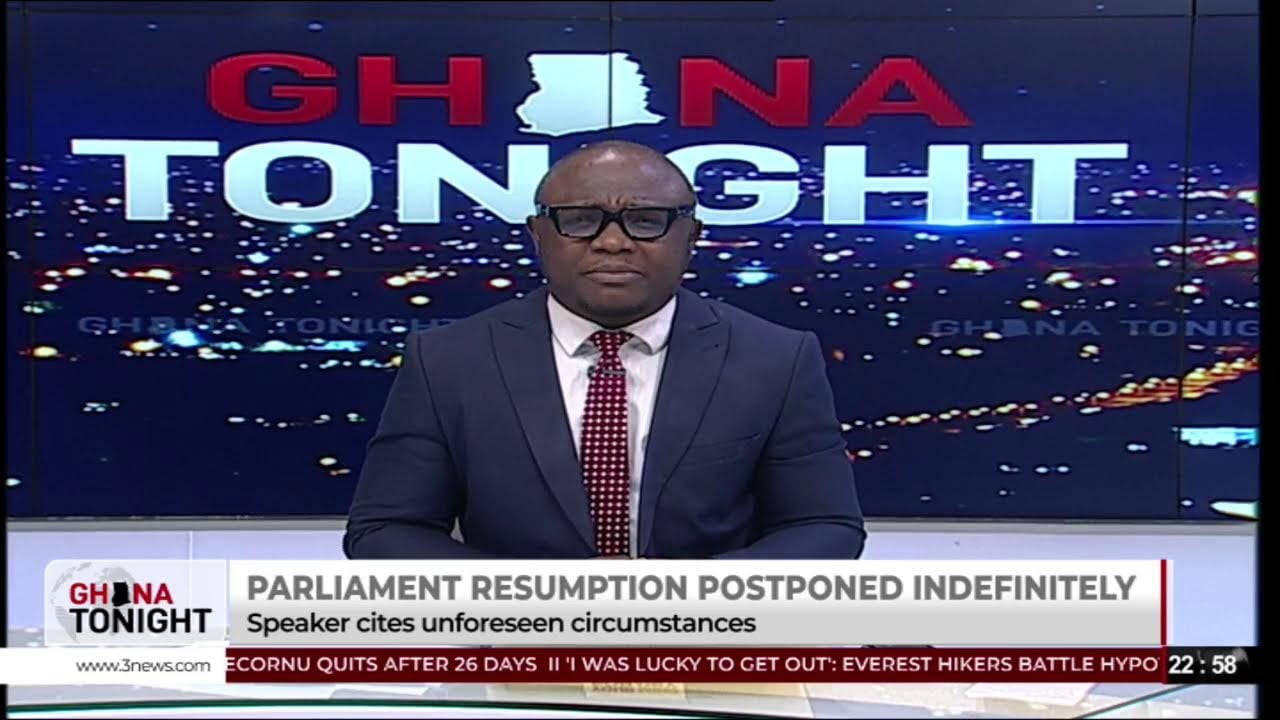

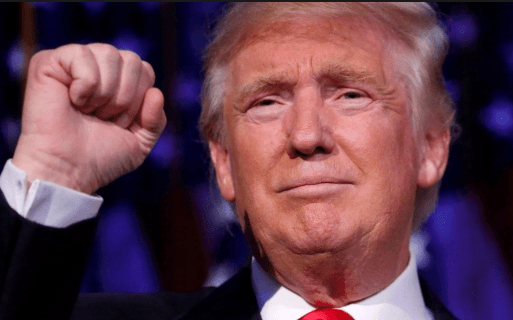





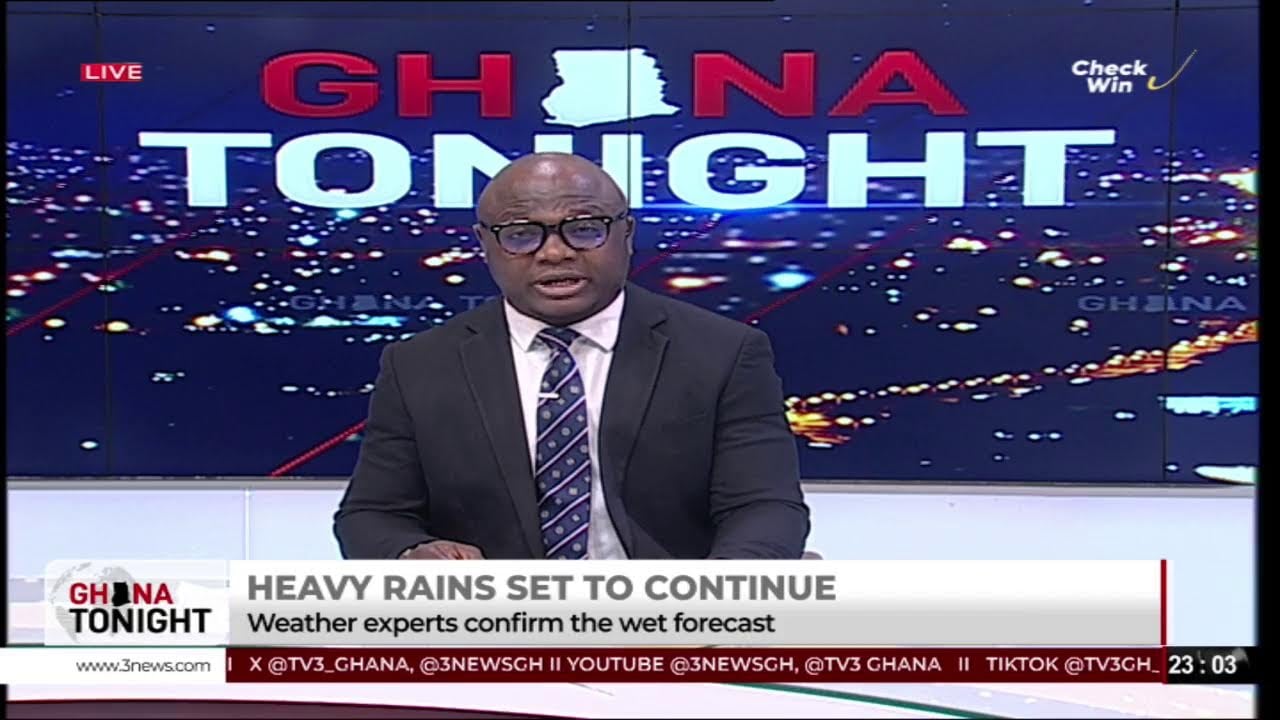
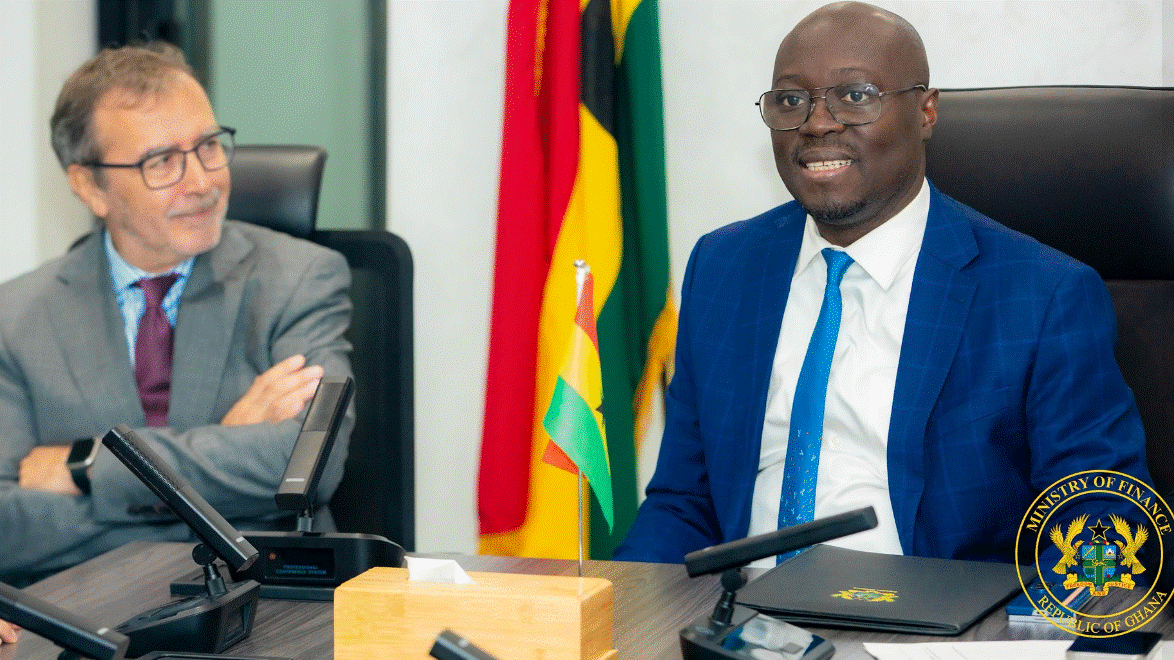




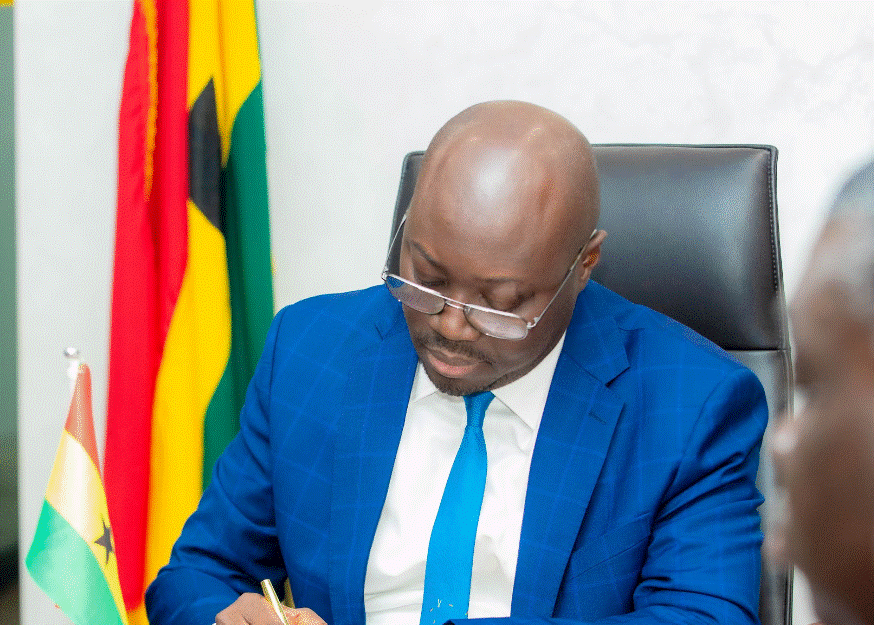
Facebook
Twitter
Pinterest
Instagram
Google+
YouTube
LinkedIn
RSS